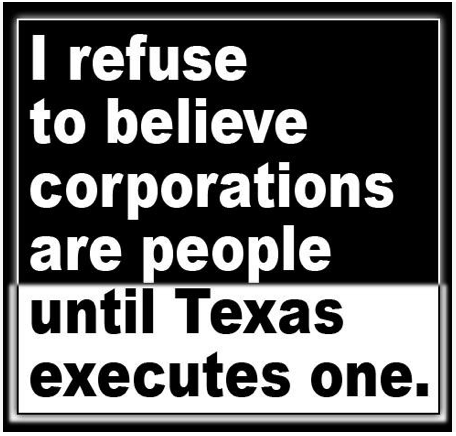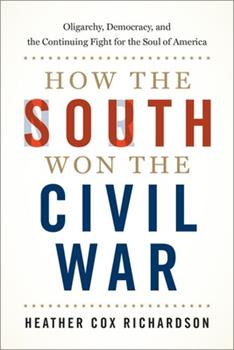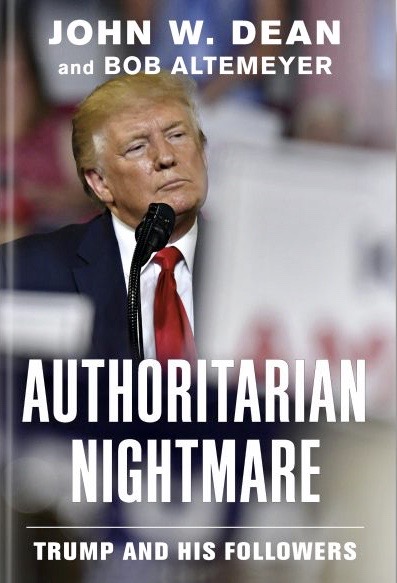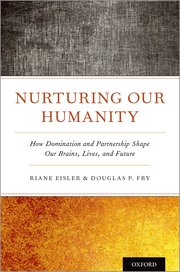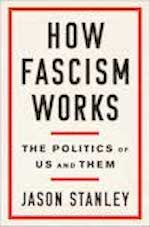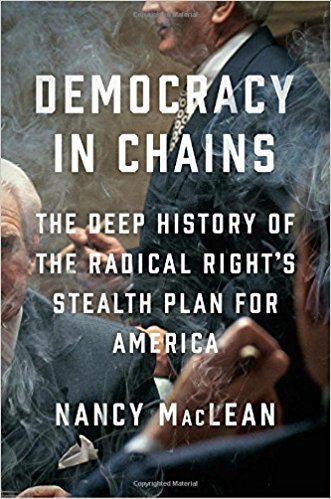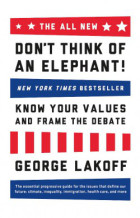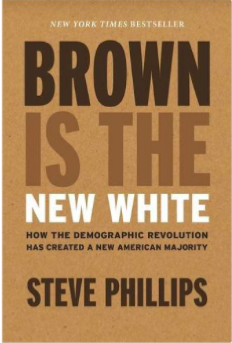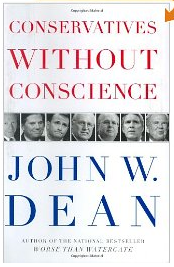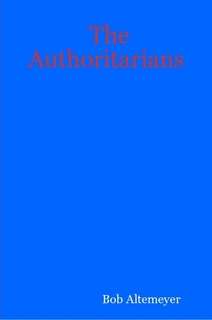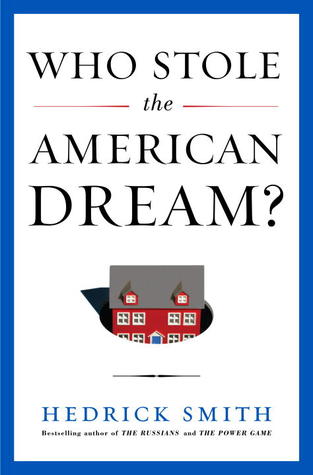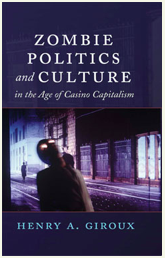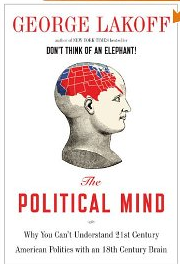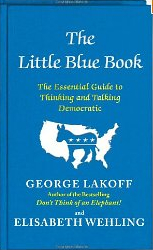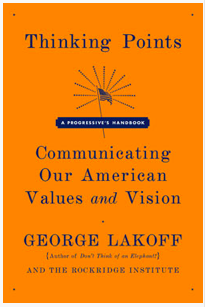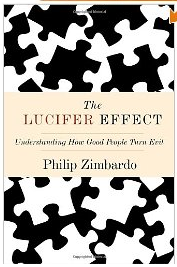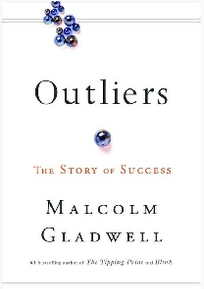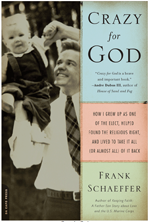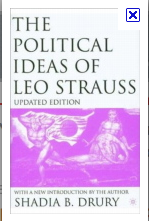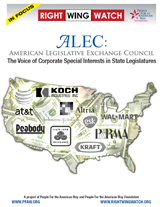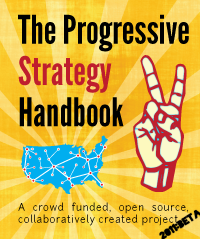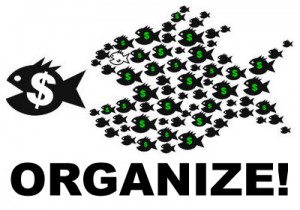In an interview of Henry Giroux about the War on youth in America, Canada and Great Britain, there is a great summary of neoliberalism, its destructive power, and its reliance on an unfettered free market.
Your works speak about an attack on public institutions. Could you elaborate on what you mean by this attack? Why are public institutions being attacked?
Public institutions are being attacked because they are public, offer spaces for producing critical thought, emphasize human needs over economic needs, and because they are one of the few vital institutions left that can function as democratic public spheres.
You have described the phenomena of neo-liberalism as a “terror.†Could you briefly explain what neo-liberalism is and why you called it a terror?
Neoliberalism is a philosophy which construes profit making as the essence of democracy and consuming as the only operable form of citizenship. It also provides a rationale for a handful of private interests to control as much as possible of social, economic, and political life in order to maximize their personal profit. Neoliberalism is marked by a shift from the manufacturing to the service sector, the rise of temporary and part-time work, growth of the financial sphere and speculative activity, the spread of mass consumerism, the commodification of practically everything.
Neoliberalism combines free market ideology with the privatization of public wealth, the elimination of the social state and social protections, and the deregulation of economic activity. Core narratives of neoliberalism are: privatization, deregulation, commodification, and the selling off of state functions. Neoliberalism advocates lifting the government oversight of free enterprise/trade thereby not providing checks and balances to prevent or mitigate social damage that might occur as a result of the policy of “no governmental interferenceâ€; eliminating public funding of social services; deregulating governmental involvement in anything that could cut into the profits of private enterprise; privatizing such enterprises as schools, hospitals, community-based organizations, and other entities traditionally held in the public trust; and eradicating the concept of “the public good†or “community†in favor of “individual responsibility.â€
It is a form of terrorism because it abstracts economics from ethics and social costs, makes a mockery of democracy, works to dismantle the welfare state, thrives on militarization, undermines any public sphere not governed by market values, and transforms people into commodities. Neoliberalism’s rigid emphasis on unfettered individualism, competitiveness and flexibility displaces compassion, sharing and a concern for the welfare of others. In doing so, it dissolves crucial social bonds and undermines the profound nature of social responsibility and its ensuing concern for others. In removing individuals from broader social obligations, it not only tears up social solidarities, it also promotes a kind of individualism that is almost pathological in its disdain for public goods, community, social provisions, and public values. Given its tendency to instrumentalize knowledge, it exhibits mistrust for thoughtfulness, complexity, and critical dialogue and in doing so contributes to a culture of stupidity and cruelty in which the dominant ethic is organized around the discourse of war and a survival of the fittest mentality. Neoliberalism is the antithesis of democracy.
Do you believe that neo-liberalism is compatible with some of the more traditional civic and social ethos expounded by more traditional liberal advocates of higher education? If so how, if not, why not?
No, neoliberalism represents a break with older forms of liberalism because it completely abrogates the social contract and leaves no room for meaningful social relationships. Its project has nothing to do with education and everything to do with training.
You have described some strategies to resist neo-liberalism. Your main strategies include new more radical types of pedagogy. Could you explain some of your methods?
My strategies are organized around the need to make pedagogy central to politics itself and to help create the conditions necessary for the development of a formative culture that provides the foundation for developing critical citizens and a meaningful and substantive democracy.
The neoliberal punishing state is at war with our youth:
Neoliberalism is replacing our democracy with a corporatocracy, replacing critical thinking citizens with citizens who are more inclined to shop than vote, replacing care for others with excessive greed, replacing equal opportunity with opportunity only for the wealthy, rewriting laws to favor corporations and the extremely wealthy, converting the middle class to the new poor, and presenting youth, especially minority youth, as an internal security threat rather than a key ingredient in the infrastructure of our democracy.



